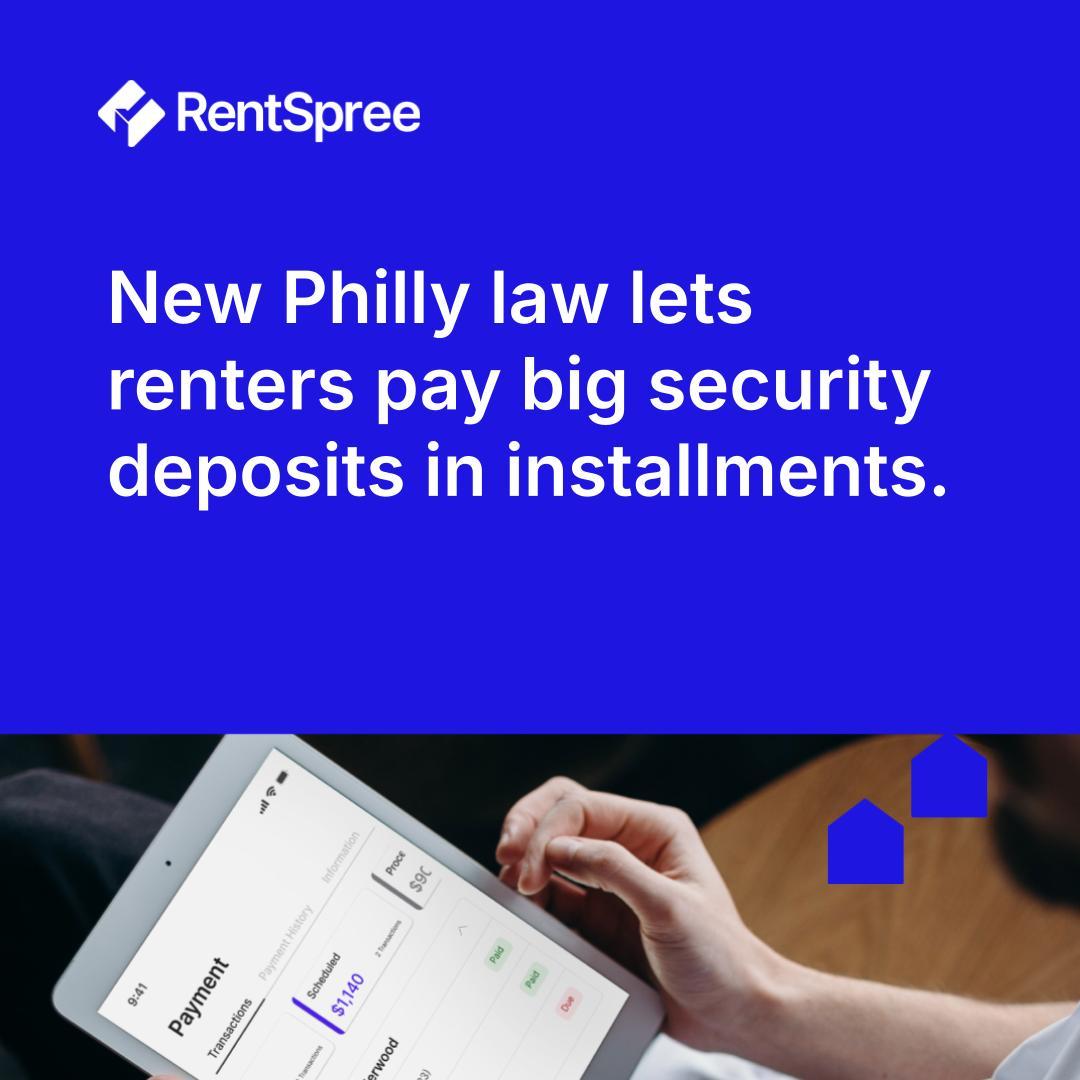Real estate investment opportunities can happen anywhere and the perfect property may not be in your neighborhood at all. The good news? With today’s tech capabilities and communication options, you can own and manage a property from virtually anywhere. If you’ve been considering an investment opportunity in a distant city or even another state, we’ve got a roundup of great information that you need before you begin life as a long-distance landlord.
If you’ve got your eye on an out-of-state rental property but aren’t sure how you’ll manage it, we have good news for you. Managing a rental property remotely is both possible and profitable.
With the right tools and resources, you can remotely oversee all aspects of your property, from tenant screening and rent collection to maintenance and legal compliance. Innovations in property technology make it possible for you to stay connected and in control at all times, so your investment remains profitable and well-maintained. Here are the 10 tips to consider before remotely managing your next property.
10 tips for how to be a successful long-distance landlord
1. Use a tenant screening service
Screening tenants is a critical part of the application process because it can help you learn more about an applicant and identify any warning signs early on. The last thing you want to do is rent to a problematic tenant who can’t pay rent on time or may cause damage to your property. So it’s important to do your due diligence and dig into the details to get the full picture.
That means analyzing an applicant’s rental history, scanning for evictions, verifying employment, running a credit report, conducting a background check, and reaching out to references. Tools like RentSpree’s tenant screening solution gives you all this information at your fingertips so you can make a more informed decision about whether or not to accept a tenant.
2. Have a crystal-clear lease
Some tenants might think they can take advantage of you especially if they know you’re managing the property from afar. For example, they may attempt to break some of the lease rules thinking that it will go unnoticed. To prevent this from happening, make sure the lease includes who is responsible for what, payment due dates and late fee policies, damage assessment and collections, pet policies and any other relevant clauses. It’s equally important to review the lease terms with all of your tenants before they move in. Give them the opportunity to ask questions so you can clarify anything that seems unclear.
And be sure to provide them with a copy of the lease so they can reference it later on. If a tenant does end up violating the lease terms, you can send them a formal letter with a warning or have a property manager deliver the notice for you in person. Additionally, having someone you trust on-site can help deter tenants from breaking the rules and ensure your property is well maintained at all times.
3. Prioritize communication
It’s not only important to review the lease terms clearly with your tenants, but it’s essential to maintain open lines of communication at all times. Even though you aren’t physically at the property, you still need to make sure your tenants can reach you when they have questions, an emergency, or maintenance requests.
Don’t forget that communication goes both ways and you can check in with tenants via email, phone, or text. No matter which route you choose to communicate with your tenants, handle their concerns attentively and promptly. Doing so will help you set the foundation for a strong tenant-landlord relationship. When tenants feel that you genuinely care about their needs, they’ll be more likely to respect the property, renew their lease, and maybe even give you referrals for your next tenant.
4. Take advantage of automation
Automation is powerful because it can save you time, money, and effort. From streamlining rent collection, to handling maintenance requests, tackling bookkeeping tasks, managing screening and other parts of the lease process, automation can make your job as a long-distance landlord much easier.
For example, a good online rent payment system can help ensure you get paid on time without having to manually remind your tenants that rent is due. Likewise, there are automation tools that can automatically check multiple databases and run simultaneous checks so you can conduct tenant screenings more efficiently, fill vacancies faster, and make more informed decisions. By taking advantage of automation, you can simplify your entire process of property management, regardless of where you’re located.
5. Create a list of trusted go-to local service providers
As a remote landlord, you won’t be able to tackle all of the issues that come up on your own. That’s why it pays off to have a trustworthy list of contacts that you can count on when you’re not there such as plumbers, electricians, and maintenance specialists. Your tenants will also thank you when they know you’ve set up a team of local providers that can fix their issues in case they need immediate attention. A dependable local service provider will be able to address problems before they get out of hand, which can potentially save you money, unnecessary property damage, and a huge headache.
6. Make frequent property visits
Even if you have service providers who can help you take care of things, it’s still a good idea to visit your property at least once, if not multiple times, a year. Scheduling a visit is a great opportunity to ensure your out-of-state rental property is being well-maintained and get face-to-face time with tenants or with your property manager (if you have one). If you visit the property often, you’ll be able to spot if things need to be repaired so you can keep your property in tip-top shape. Plus, as an out-of-state landlord, you may be able to deduct travel costs (like airfare, gas, lodging, meals, etc.) as a business expense since rental property visits are usually tax deductible.
7. Schedule routine inspections
Getting routing inspections done is just as important as making frequent property visits since you likely can’t inspect the property yourself. When hiring a third-party to conduct these inspections for you, make sure they include preliminary walk-throughs before tenants move in and a walk-through when the tenant moves out. Whether you’re conducting the inspection on your own or having someone else do it for you, document the unit’s condition and have both parties sign it. Remember though, if you’re planning on doing an inspection, some states require you to give your tenants at least 24 hours advance notice.
8. Stay on top of local laws and regulations
In conjunction with following state laws like the one we mentioned above, you need to be aware of local laws and regulations for where your property is located to avoid getting in legal trouble. While some states are more landlord-friendly than others, there are several states with municipal laws that can impact things like lease requirements. When you’re aware of the relevant laws and regulations that pertain to the state where your property is located, not only will it be easier to protect your investment, but it will make remote property management more smooth.
9. Use the right technology
While managing your out-of-state rental property can be logistically challenging sometimes, using the right tools can make all the difference. Here’s some that you can take advantage of:
Property management software: These software solutions typically provide features such as online rent collection, tenant screening services, maintenance request tracking, and financial reporting. By centralizing these tasks in one platform, you can streamline operations and successfully maintain control over your properties no matter where you are.
Digital lease agreements: Every time you accept a tenant, you’ll have to create a lease that needs to be signed. Platforms like DocuSign and HelloSign allow you to create, send, and sign lease agreements electronically without the need to be physically present.
Virtual tours: If you can’t be there in person to show a prospective tenant the rental, you can use tools like Matterport and Rently to give them a virtual tour.
Communication apps: Effective communication is key for remote property management. And thankfully, there are a lot of apps like WhatsApp, and Zoom to support your needs. Most platforms support instant text messaging, video calls which are helpful for interviewing prospective tenants, and file sharing, so that everyone can stay connected and informed.
Security and monitoring systems: As a remote landlord, ensuring your property remains safe should be a top priority, as most people would feel more secure if their homes had security features. Smart security systems like Ring, Nest, and Arlo can help you monitor your rental property from afar and make your tenants feel safer. These systems offer features such as video surveillance, motion detection, and remote access controls to give you peace of mind and the ability to respond quickly to any security issues.
10. Consider working with a property manager
If figuring out how to manage rental property remotely seems like too much of a juggling act for you, think about hiring a property manager or a property management company to oversee your property’s day-to-day operations. They have experience handling tenant needs, maintenance, and the various administrative tasks that come along with managing a property. In addition, they can market and advertise your property so you can fill vacancies faster.
Not sure where to start? Search for property management companies in the area where your property is located. Look at their websites to get a sense of their services, experience, and client reviews. Websites like Yelp, Google Reviews, and the Better Business Bureau can provide additional insights into their reputation and reliability. You can also look for property managers who are members of professional associations such as the National Association of Residential Property Managers (NARPM) or the Institute of Real Estate Management (IREM). Membership in these organizations often indicates a commitment to professionalism and adherence to industry standards. Or you can reach out to other landlords, real estate agents, or local real estate investment groups for recommendations.
RentSpree: The tool you need to long-distance manage your property
There’s no doubt that managing a property from a distance adds an extra layer of complexity. But when you have the right tools like RentSpree to help you conquer your rental checklists with ease no matter where you are in the world. With our platform you can remotely:
- Screen and lease with confidence
- Take control of your marketing
- Put rent collection and payments on autopilot
- …and more
What are you waiting for? Book a demo or sign up for an account today.
Screen and lease with confidence
Find qualified tenants faster than ever with results you can trust.


Related posts
Want to make rentals easier to manage?
Save time on marketing, screening, and payments. Join over 2 million agents, landlords, and renters using RentSpree.







